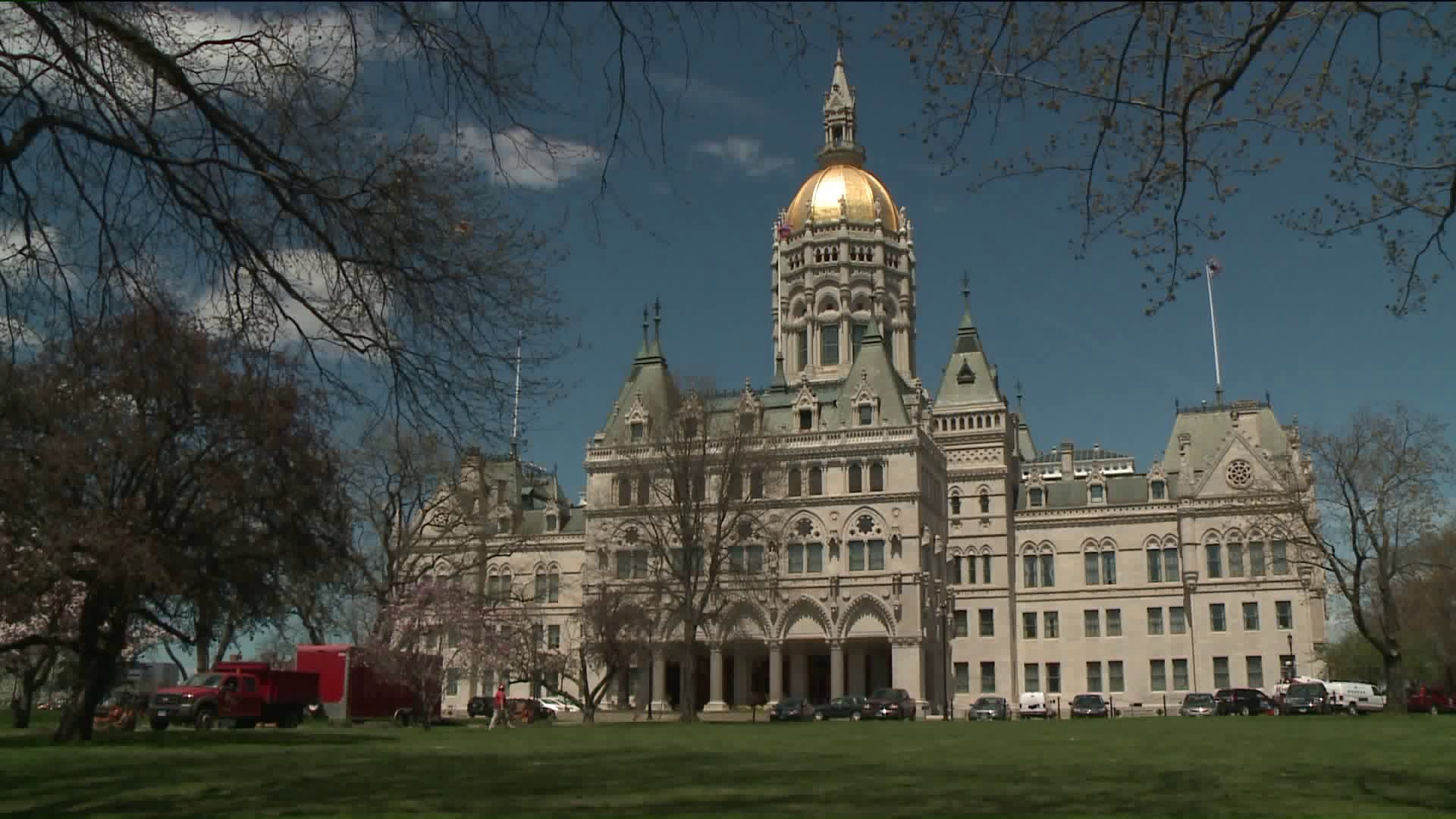HARTFORD – As the Mashantucket Pequot and Mohegan tribes move forward with their plan to build a casino in East Windsor, a third tribe is demanding a chance to compete.
The Schaghticoke Tribal Nation gathered at the Legislative Office Building Tuesday in support of a house bill that would open up the bidding process for Connecticut’s first commercial casino to their tribe and everyone else.
Chief Richard Velky said if this doesn’t happen, Connecticut is just giving the two tribes a monopoly.
"The two tribes, being federally recognized, most certainly have the right to have gaming on their reservation and we have no objection to that. But once they leave the reservation, it should become a public bidding process anyways and it should be a fair one," said Chief Velky of the Schaghticoke Tribal Nation.
The bill would require state agencies to develop and issue a request for proposals for a business or tribe to develop, manage, operate and maintain a possible casino.
Native American Advocate Tom Rodgers said, "All parties should be treated the same, all have a level playing field, all have an equal opportunity to succeed that’s what this is about both for the tribe and for the citizens of the State of Connecticut.”
The Schaghticoke Tribal Nation has interest in building a casino in Southwestern Connecticut, which they said could generate thousands of jobs. They said that location has more value for gaming development than East Windsor with access to the New York market.
Meanwhile Tuesday, the Mashantucket Pequot and Mohegan tribes released a study by gaming expert Dr. Clyde Barrow that shows the competitive bid process could cost the state $85.6 million annually.
Existing compacts between the Mohegan and Mashantucket Pequot tribes and the state of Connecticut guarantee the state 25% of the slot revenue from Mohegan Sun and Foxwoods. But if the state authorizes an open bidding process that results in a non-tribal entity receiving a commercial gaming license, these annual payments from the Tribes could end.
"There is no math that makes Connecticut’s first commercial gaming enterprise work for the state if it’s not operated by the two federally recognized tribes," wrote Dr. Barrow. "For the State of Connecticut to merely break even in terms of state revenue, a competitively bid third casino would need to generate $1.063 billion in gross gaming revenue annually. There is not a single commercial casino in the United States generates that level of gaming revenue."

